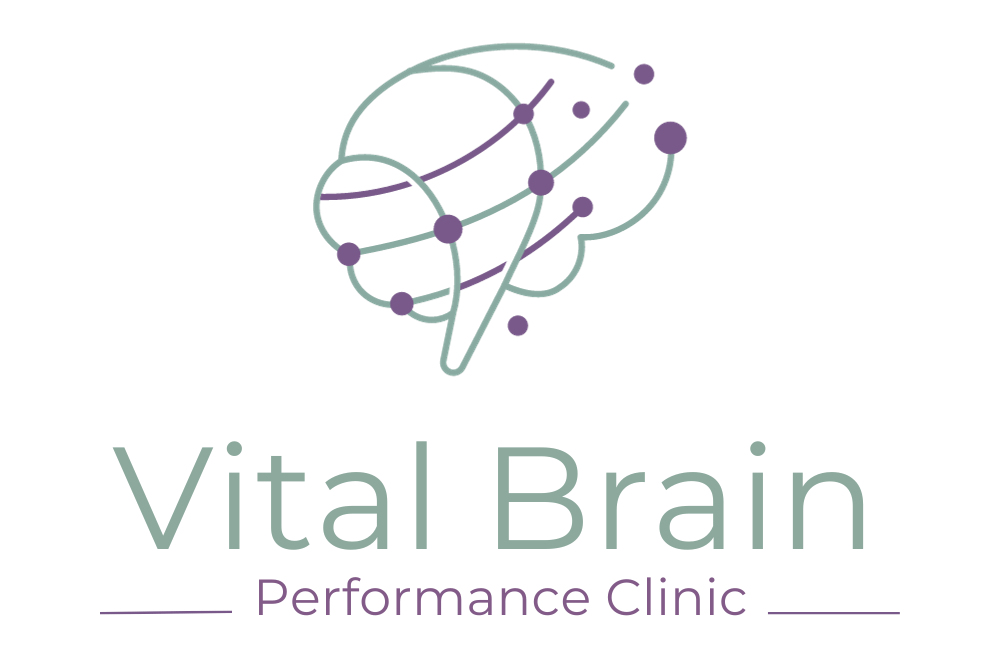Feeling overwhelmed by depression, anxious, on edge, or struggling to focus? While these are all common experiences, they can also be symptoms of mood disorders. While medication and therapy are often considered primary treatments, there’s another powerful tool in your wellness toolbox: nutrition counseling. Emerging research suggests a strong link between what we eat and how we feel. A qualified nutrition counselor can help you understand the gut-brain connection and create a personalized dietary plan to support your mental health journey.
The Gut-Brain Connection: How Diet Influences Mental Health and Mood

The gut microbiome, the trillions of bacteria residing in your digestive system, plays a crucial role in overall health, including mental well-being. Here’s how your diet impacts your mood:
- Nutrient Deficiencies: Deficiencies in essential vitamins and minerals like B vitamins, omega-3 fatty acids, and magnesium have been linked to symptoms of depression and anxiety.
- Inflammation: Chronic inflammation caused by unhealthy dietary choices can disrupt the gut microbiome and negatively impact brain function.
- Blood Sugar Regulation: Fluctuations in blood sugar levels caused by sugary foods can contribute to mood swings and irritability.
Foods to Eat and Avoid: Nutritional Recommendations for Managing Mood Disorders
A nutrition counselor can create a personalized plan based on your specific needs and preferences. That said, here are some general dietary recommendations for managing mood disorders:
- Eat a Balanced Diet: Focus on whole, unprocessed foods like fruits, vegetables, whole grains, and lean proteins. These foods provide essential nutrients that support brain function and gut health.
- Incorporate Healthy Fats: Omega-3 fatty acids found in fatty fish, flaxseeds, and walnuts have been shown to improve mood and cognitive function.
- Boost Your Gut Microbiome: Include prebiotic foods like yogurt, kefir, and kimchi, as well as probiotic supplements, to nourish the beneficial bacteria in your gut.
- Limit Processed Foods, Added Sugars, and Refined Grains: These can contribute to inflammation, disrupt blood sugar levels, and negatively impact mood.
- Stay Hydrated: Dehydration can worsen symptoms of depression and anxiety. Make sure you’re drinking plenty of water throughout the day.
Nutrition counseling is not a replacement for traditional treatment methods for mood disorders, but it can be a powerful complementary tool. By working with a qualified nutrition counselor and making positive dietary changes, you can take control of your mental health and create a foundation for a happier, healthier you.
If you’d like to explore how nutrition counseling can support your mental well-being, consult with Vital Brain Performance Clinic today. Our team of experienced nutrition counselors can help you develop a personalized plan that addresses your specific needs and preferences. Contact Vital Brain Performance Clinic and take the first step towards a brighter, more balanced you.




